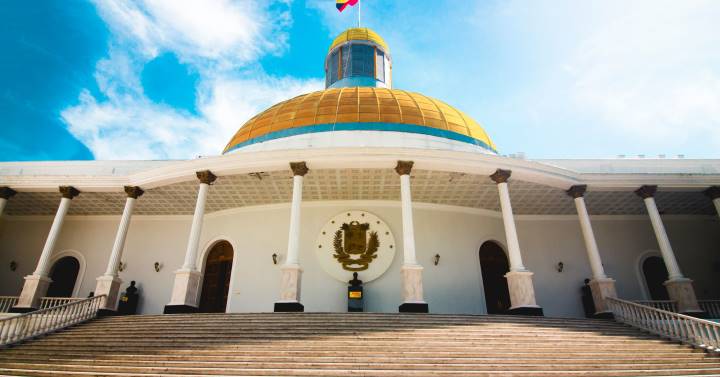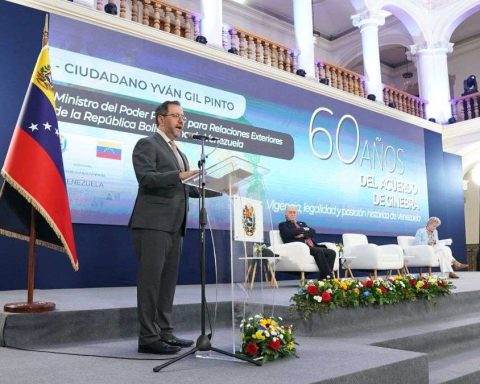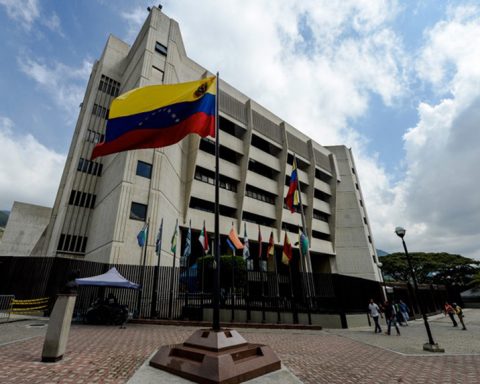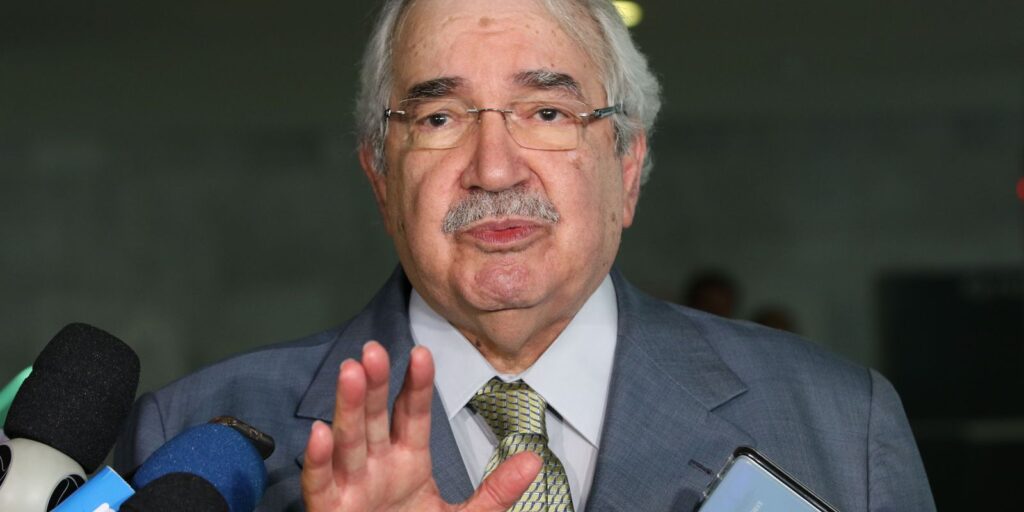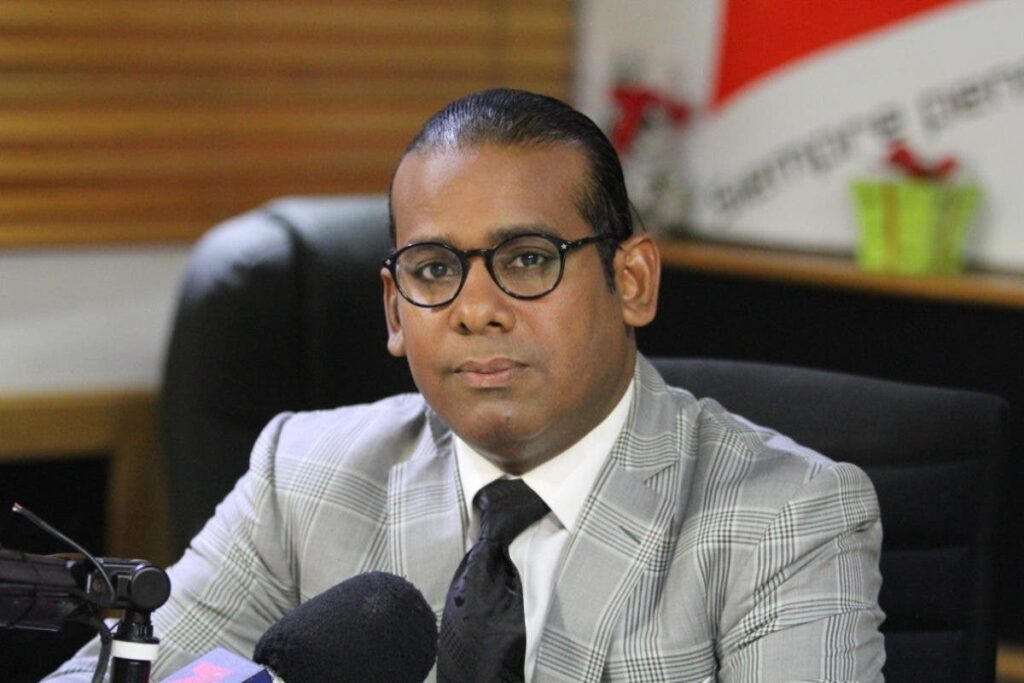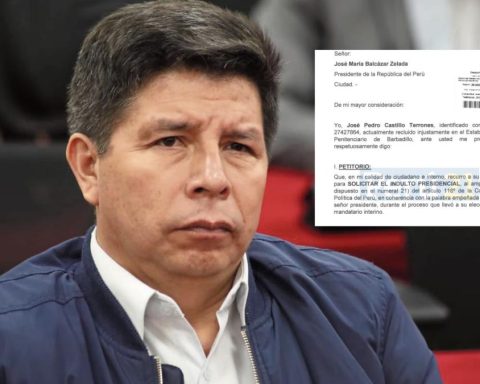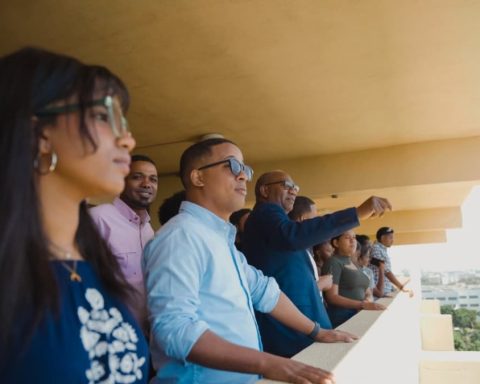The Venezuelan NGO Access to Justice He denounced this Wednesday that the Venezuelan National Assembly (AN, Parliament), with a Chavista majority, has “unjustifiably” delayed the process of election of the new magistrates of the Supreme Court of Justicewhose designation was deferred on March 25.
“The official NA unjustifiably delays the election process of the magistrates who will be members of the Supreme Court of Justiceas well as the appointment of the director of the School of the Judiciary and the general inspector of courts,” the NGO said on its Twitter account.
In this regard, the organization indicated that the reform of the Venezuelan Supreme “advanced at full steam“, after being approved, “expressly and unanimously”, the reform to the Organic Law of the TSJ that had been proposed by the president of this instanceMaikel Moreno, but since the election was postponed on March 25, the appointment has been postponed.
He explained that, after this date, “la AN has modified at least eight times the call to the ordinary session that had to be held within 5 continuous days after receipt of the list sent by the Committee for the Evaluation of Applications of the Citizen Power“, for the election of the magistrates.
Access to Justice recalled that, by not making the new call to deal with the issuethe Parliament violates articles 38 and 74 of the Organic Law of the TSJ and its provisions that “at the same time impose the holding of the call 3 days in advance and the requirement of a qualified majority of 2/3 parts of its members.
“If that qualified majority is not achieved in three sessions, the National Assembly must call a fourth session in which the simple majority of its members will suffice to appoint the new magistrates of the TSJ, in accordance with article 74″ of the Organic Law of the TSJ, the NGO recalled.
However, the AN called a session for this Wednesday in which, so far, the appointment of the 20 magistrates is not included in the agenda of the TSJ.
After the reform of the Organic Law of the TSJ, the number of magistrates that make up the high court was reduced from 32 to 20.
The Constitutional Chamber It will be made up of five magistrates and the remaining five (Electoral, Political-Administrative, Civil Cassation, Criminal Cassation and Social Cassation) by three magistrates, reads the law reform project approved, compared to the seven and five, respectively, that they currently have.
